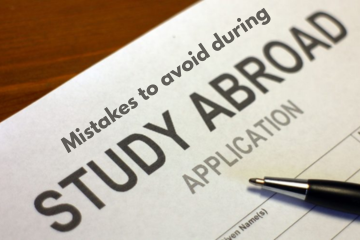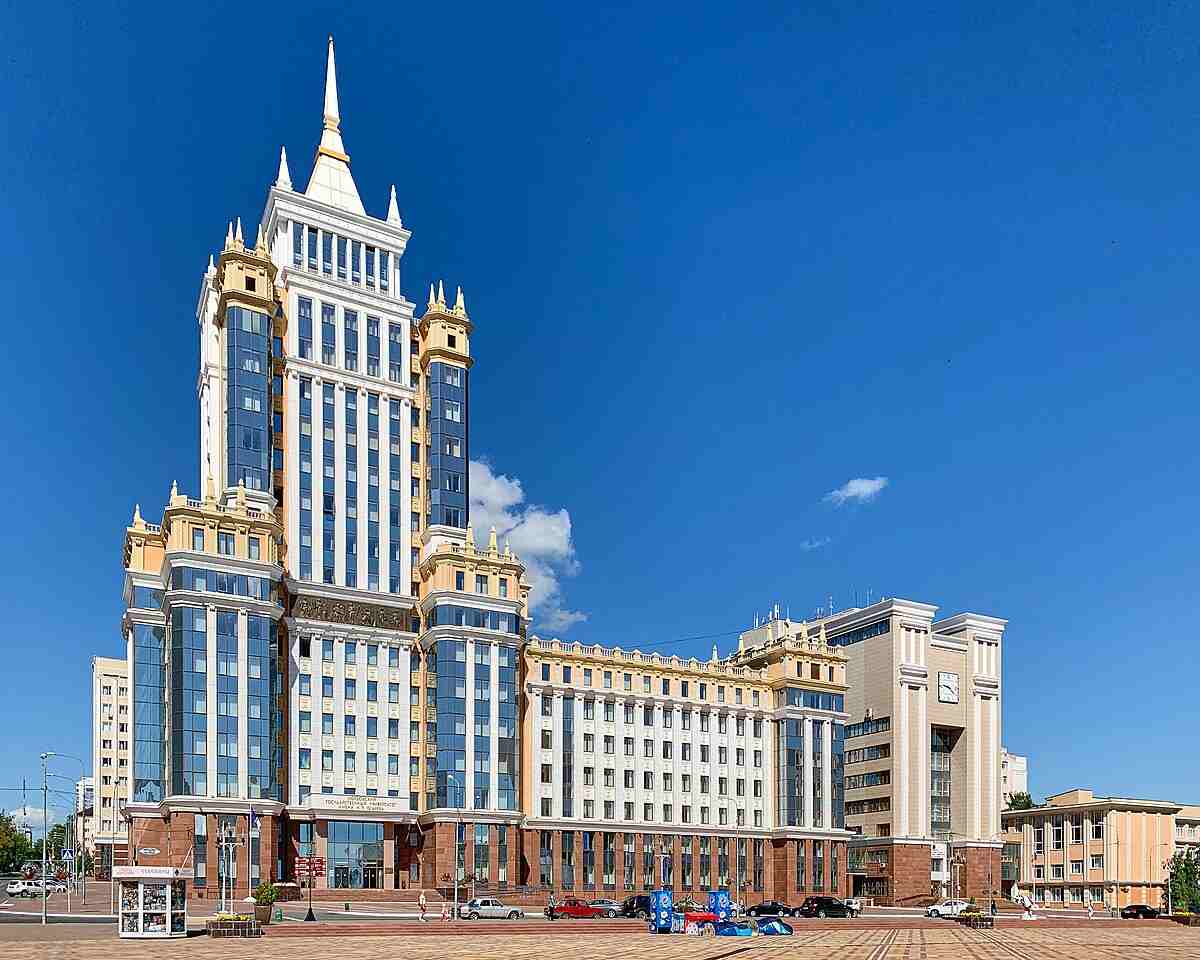For Indian students pursuing an MBBS degree from countries like Russia, China, Uzbekistan, Kyrgyzstan, the Philippines, Serbia, Georgia, Romania, or Moldova, the dream of practicing medicine abroad is both exciting and achievable. These countries offer affordable, globally recognized medical education, but what are the prospects for working in regions like Europe, the UK, or India after graduation? This blog explores the possibilities, requirements, and steps to build a successful medical career abroad.
Why Study MBBS Abroad?
Studying MBBS in countries like Russia, China, or Georgia provides Indian students with quality education at a lower cost compared to private medical colleges in India. Many of these programs are recognized by the World Health Organization (WHO) and listed in the World Directory of Medical Schools, making their degrees valid for international practice, subject to meeting local licensing requirements. Additionally, the multicultural exposure and English-medium programs (in many cases) prepare students for global medical practice.
However, to work as a doctor in countries like Europe, the UK, or even India, graduates must navigate specific licensing exams, language requirements, and regulatory processes. Let’s explore the opportunities and challenges in each region.
Working in India After MBBS Abroad
For Indian students, returning to India to practice medicine is a common goal. To do so, graduates must clear the Foreign Medical Graduate Examination (FMGE), conducted by the National Board of Examinations (NBE). This mandatory screening test ensures that foreign medical graduates meet the standards required to practice in India.
Key Steps to Practice in India:
- FMGE Preparation: The FMGE is a challenging exam with a pass rate of around 10-20%. Students should prepare thoroughly, focusing on subjects like medicine, surgery, and community medicine.
- Internship: After passing the FMGE, graduates must complete a one-year internship in India to register with the National Medical Commission (NMC).
- Permanent Registration: Once the internship is complete, graduates can apply for permanent registration with the NMC or state medical councils to practice as doctors.
Challenges:
- The FMGE’s low pass rate requires dedicated preparation.
- Limited internship seats in India can delay the process.
Opportunities:
- India has a high demand for doctors, especially in rural areas and private hospitals.
- Graduates can pursue postgraduate studies (MD/MS) by appearing for NEET-PG.
Working in Europe
Europe offers diverse opportunities for Indian MBBS graduates, but the process varies by country. Most European Union (EU) countries recognize medical degrees from institutions listed in the WHO directory, but graduates must meet local licensing and language requirements.
Key Requirements:
- Licensing Exams: Countries like Germany, France, and Romania require graduates to pass national licensing exams. For example:
- Germany: Graduates must clear the Kenntnisprüfung (medical knowledge exam) and demonstrate proficiency in German (C1 level).
- Romania: Graduates from non-EU countries may need to pass an evaluation test and complete a residency program.
- Language Proficiency: Fluency in the local language (e.g., German, French, or Romanian) is mandatory for patient interaction and licensing.
- Residency Programs: Most EU countries require foreign graduates to complete a residency or training program to align with local standards.
Popular Destinations:
- Germany: Known for its high demand for doctors, Germany offers attractive salaries and a structured pathway for foreign graduates. After passing the Kenntnisprüfung, doctors can work in hospitals or pursue specialization.
- Romania and Serbia: These countries may have simpler pathways for graduates from local universities, but language proficiency is still key.
- Poland and Hungary: These countries are increasingly open to foreign doctors, especially in underserved areas.
Challenges:
- Language barriers can be significant, requiring 1-2 years of language training.
- Licensing exams are rigorous and may require additional medical training.
Opportunities:
- High salaries and excellent working conditions in countries like Germany and Sweden.
- Access to advanced medical technology and research opportunities.
Working in the UK
The UK is a popular destination for Indian MBBS graduates due to its global reputation and English-medium practice. However, the process is highly regulated.
Key Requirements:
- PLAB Test: Graduates must pass the Professional and Linguistic Assessments Board (PLAB)test, which consists of two parts:
- PLAB 1: A written exam testing medical knowledge.
- PLAB 2: A practical exam assessing clinical skills.
- IELTS/OET: Proficiency in English is mandatory, proven through the International English Language Testing System (IELTS) or Occupational English Test (OET).
- GMC Registration: After passing PLAB, graduates must register with the General Medical Council (GMC) to practice.
- Visa and Work Permit: A Health and Care Worker Visa is required to work in the UK.
Challenges:
- The PLAB test is competitive, and preparation can take 6-12 months.
- Securing a job in the NHS (National Health Service) requires persistence due to high demand.
Opportunities:
- The UK faces a shortage of doctors, creating opportunities in the NHS and private sectors.
- Graduates can pursue postgraduate training (e.g., Foundation Programme or Specialty Training) to specialize.
Working in Other Countries (e.g., Middle East, Australia)
Beyond Europe and the UK, Indian MBBS graduates can explore opportunities in other regions:
- Middle East (UAE, Saudi Arabia): Countries like the UAE require graduates to pass licensing exams like the HAAD (Abu Dhabi) or DHA (Dubai). English proficiency is sufficient, and salaries are lucrative.
- Australia: Graduates must pass the Australian Medical Council (AMC) exams and secure a work visa. The process is lengthy but rewarding due to high demand for doctors.
- Canada: Similar to Australia, Canada requires passing the MCCQE exams and completing a residency. Fluency in English or French is essential.
Tips for Success
- Research Early: Understand the licensing requirements of your target country while studying MBBS.
- Language Skills: Start learning the local language (e.g., German, French) during your MBBS to save time later.
- Exam Preparation: Invest in coaching or online resources for exams like FMGE, PLAB, or AMC.
- Networking: Connect with alumni or professionals in your target country for guidance and job opportunities.
- Stay Updated: Medical regulations change frequently, so check with authorities like the NMC, GMC, or local medical boards.
Conclusion
Pursuing an MBBS from countries like Russia, China, Uzbekistan, or Georgia opens doors to a global medical career for Indian students. Whether you aim to practice in India, Europe, the UK, or beyond, the journey requires careful planning, exam preparation, and language proficiency. With determination and the right resources, Indian MBBS graduates can build rewarding careers in diverse healthcare systems worldwide.





